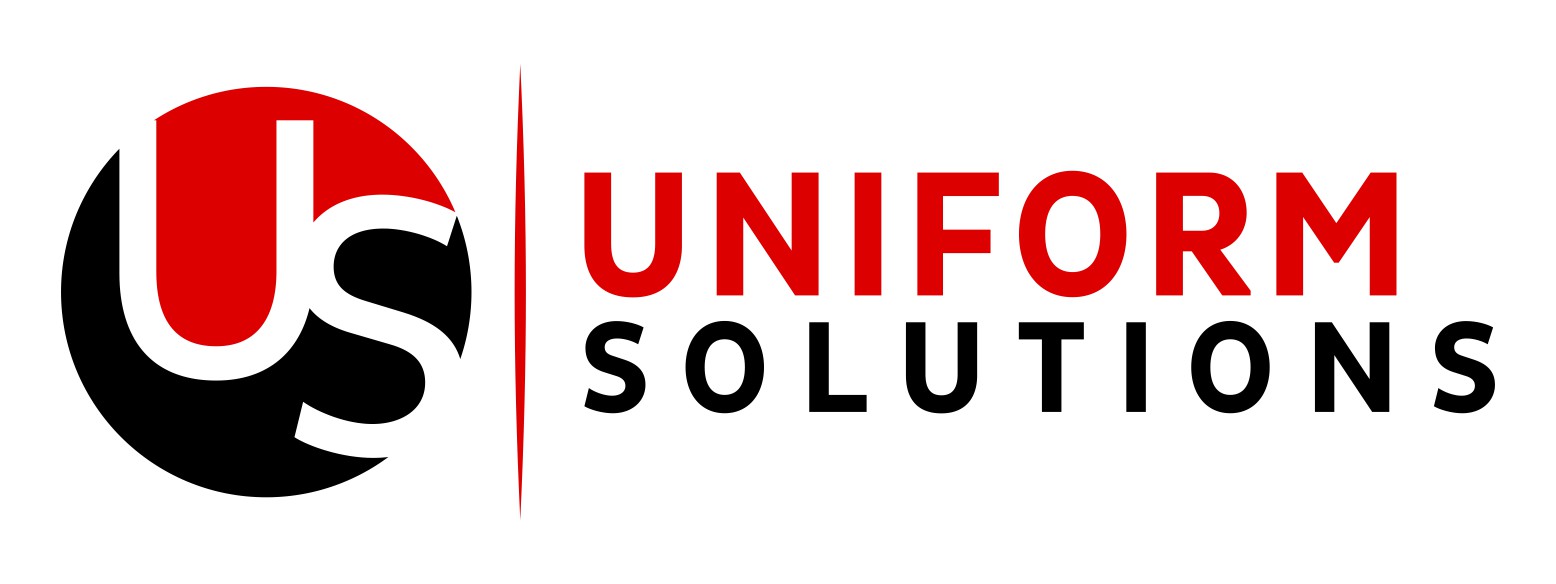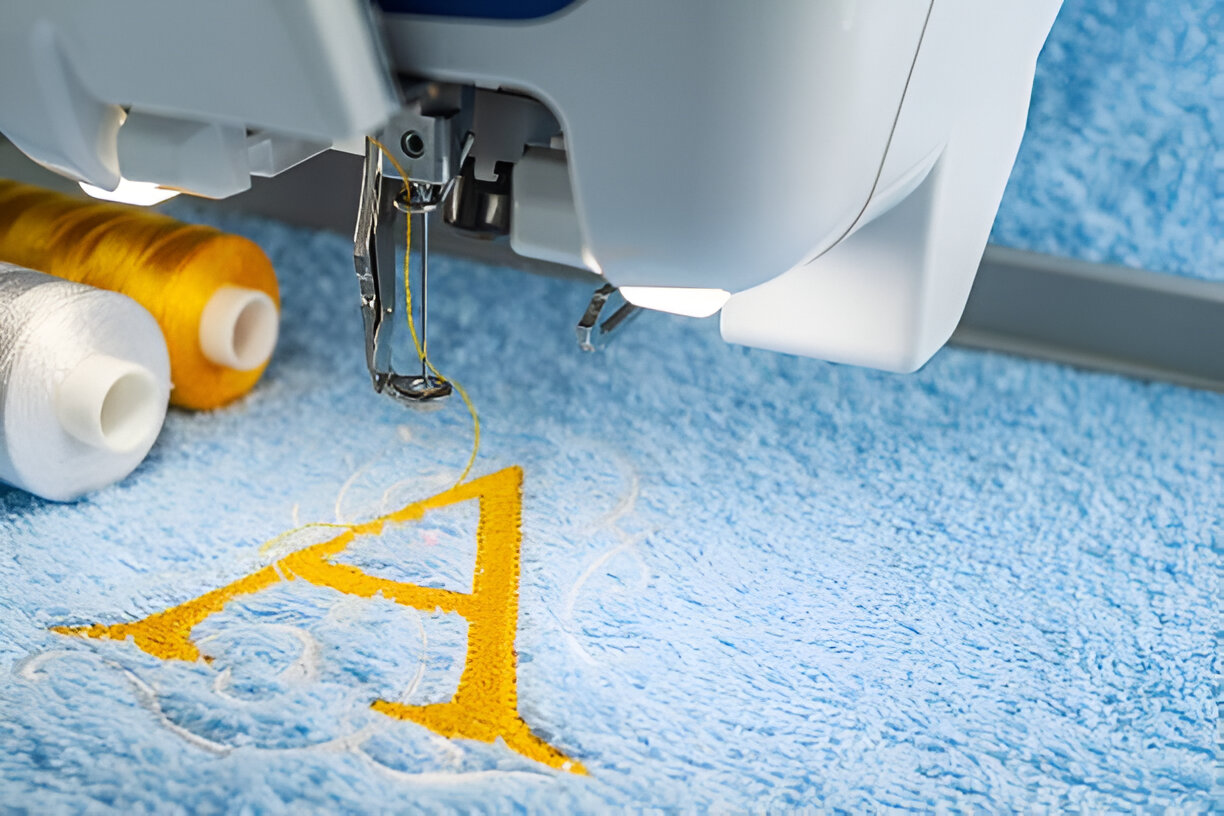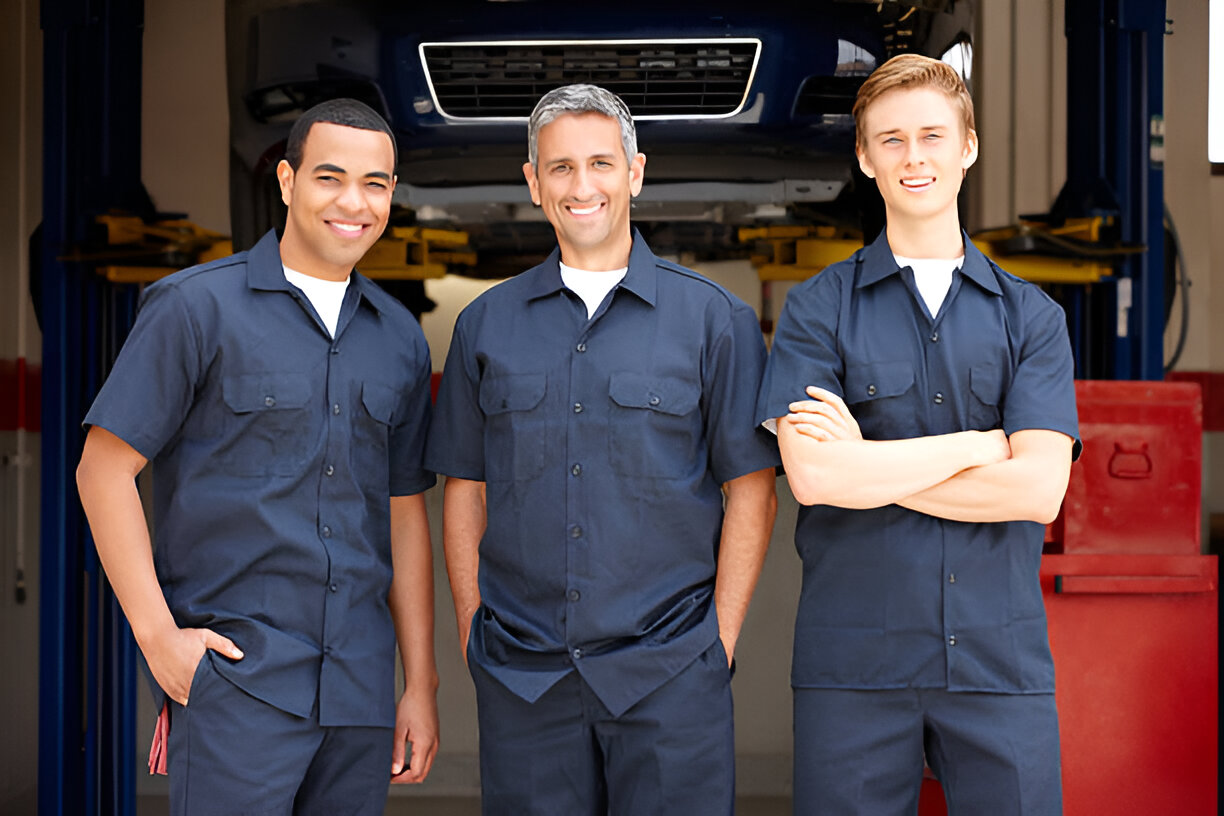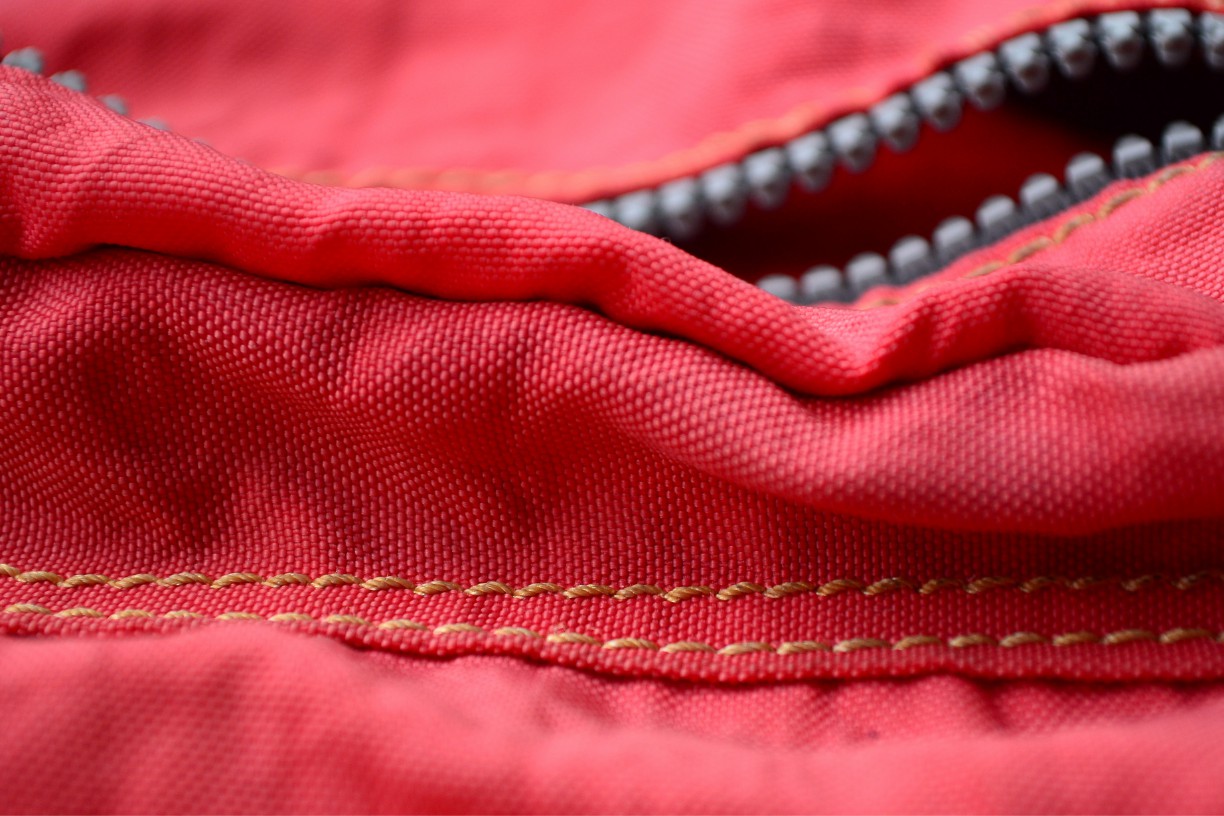Mechanic shirts vs. Regular work shirts: What’s the difference and how to choose
- Published on: September 6, 2024
Choosing the right shirt is crucial if you’re a mechanic or work in a similar job. Your clothes need to handle grease, dirt, and hard work daily. Not all shirts are the same, though. Some are made for the tough jobs mechanics do, while others are more general-purpose.
In this article, we’ll explore the differences between mechanic shirts and regular work shirts. We’ll help you understand which one is right for your needs and why the right choice matters.
1. What is a work shirt and mechanic shirt?
A “work shirt” is any shirt made for working, right? Well, not exactly. Work shirts are designed for specific types of jobs. They need to be durable and comfortable and protect you while you work. There are different types of work shirts, like those for construction workers, chefs, or warehouse workers.
Mechanic shirts are a type of work shirt specifically designed for those who work with cars, machinery, and tools. They’re built to withstand oil, grease, and grime and keep you comfortable throughout a long shift. Regular work shirts, on the other hand, might be for less intense jobs and don’t always have the same features.
2. Key differences between mechanic shirts and regular work shirts
When choosing the right workwear, it’s important to understand how different shirts serve different purposes. Mechanic shirts and regular work shirts may seem similar, but they are tailored to meet specific job requirements. Let’s explore what makes mechanic shirts apart from regular work shirts.
Material and fabric
Mechanic shirts are usually made from stronger materials. They often use fabrics like cotton blends or polyester, which are stain-resistant and breathable. These fabrics can handle tough stains and still keep you cool. Regular work shirts might use lighter fabrics that are less durable. They might be fine for an office or retail job but could wear out quickly in a garage.
Design features
Mechanic shirts come with special design features. They often have snap buttons instead of regular buttons. Snap buttons are easier to open if you need to get the shirt off quickly or if your hands are greasy. They also come with gusseted shoulders (extra fabric under the arms) to give more room for moving around. Many mechanic shirts have reinforced stitching on the seams and pockets. This makes them stronger and less likely to rip.
Regular work shirts usually lack these extras. They might have buttons that can get caught or rip off easily. They may not have room for movement, making them less comfortable during a hard day’s work.
Functionality
Mechanic shirts are made for a mechanic’s specific needs. They protect against chemicals, oil, and sharp tools. The fabric often resists stains, so you don’t look messy after one job. Plus, they are designed for flexibility, so you can reach, stretch, and move without feeling restricted.
Regular work shirts might not offer the same level of protection or flexibility. They can get dirty easily and aren’t built to handle chemicals or grease. You might find yourself needing to replace them more often.
Safety aspects
Safety is a big deal when it comes to mechanic shirts. Many are made with flame-resistant materials, which can protect you if you’re near open flames or hot engines. Some shirts come in high-visibility colors to make sure you’re seen in a busy shop. Others have anti-static properties to prevent sparks around flammable materials. Regular work shirts often lack these safety features, which could put you at risk in a garage or workshop.
3. Benefits of wearing mechanic shirts
Wearing the right shirt can make a big difference in your day-to-day comfort and safety.
- Enhanced durability: Mechanic shirts are built to last. They can handle tough environments without tearing or wearing out.
- Improved comfort: These shirts are designed to be worn all day. They have features that let you move freely and stay cool.
- Better safety: Many mechanic shirts have safety features that protect you from burns, cuts, and other injuries.
4. Drawbacks of regular work shirts for mechanics
Regular work shirts might be great for some jobs, but they can fall short for mechanics.
- Lack of durability: They often wear out faster because they’re not designed for the tough conditions mechanics face.
- Limited functionality: They might not have the features that make a mechanic’s job easier, like snap buttons or stain-resistant fabric.
- Safety risks: Without flame resistance or other safety features, they could put you at risk in hazardous environments.
5. How to choose the right shirt for your needs
When picking a shirt for work, consider these factors:
- Assess your job requirements: What kind of work do you do? If you’re a mechanic, look for shirts made to handle grease, dirt, and chemicals. If you work outdoors, consider high-visibility options.
- Consider comfort and Fit: Make sure the shirt fits well and is comfortable for long hours. Look for fabrics that are breathable and allow you to move freely.
- Budget considerations: Compare prices and think about the long-term value. A more expensive shirt might last longer, saving you money in the long run.
- Material quality and durability: Check the fabric’s quality. Look for reinforced stitching and materials known for toughness.
- Easy maintenance: Choose a shirt that’s easy to wash and doesn’t require special care.
- Climate: Think about the weather. A heavier shirt might be good for winter, while a lighter, breathable one might be better for summer.
6. Best materials for mechanic shirts
Mechanic shirts are often made from materials like cotton, polyester blends, or twill fabric. These materials are durable, breathable, and stain-resistant. Cotton is soft and breathable, but when mixed with polyester, it becomes tougher and quicker to dry. Polyester blends are strong and resist wrinkles, making them easy to care for. Twill fabric is thicker and more durable, great for heavy-duty work.
7. Various types of mechanic workwear
Mechanics need more than just a good shirt to get through the day. They require a range of workwear that offers protection, comfort, and functionality. Here’s a quick look at the essential items every mechanic should have:
1. Mechanic pants
Mechanic pants are tough and designed for dirty jobs. They usually have reinforced knees and multiple pockets for tools. These pants are made from strong, stain-resistant fabrics like blends, cotton, and denim, allowing comfort and freedom of movement on the job.
2. Coveralls and overalls
Coveralls and overalls provide protection for the entire body. They are made from sturdy, tear-resistant fabric and protect you from grease, chemicals, or dirt. Mechanics love them because they offer additional coverage and protection during messy or hazardous assignments.
3. Gloves
Gloves protect hands from cuts, burns, and chemicals. Thin nitrile gloves are ideal for tasks that require precision, while thicker leather gloves are better for handling heavy-duty items like metal bars. They also help maintain a firm grip on greasy or slippery surfaces.
4. Safety goggles and glasses
Protecting your eyes is crucial. Safety goggles and glasses shield against dust, debris, and chemical splashes. They’re essential when using power tools or working in conditions where particles could fly into your eyes.
5. Steel-toed boots
Steel-toed boots guard your feet against heavy objects and sharp tools. They have non-slip soles for safety on wet or oily surfaces and are designed to be comfortable for long periods of standing.
6. Aprons and coats
For quick and dirty jobs aprons and coats provide extra protection. They are easy to put on and take off. It provides a protective barrier that keeps clothes clean from spills and splashes.
7. Insulated clothing
Insulated or heated clothing keeps mechanics warm in cold environments without adding bulk. This clothing is ideal for those working outdoors or in unheated garages.
8. Hats and caps
Hats keep hair out of the way and protect your head from dirt and grease. Caps with brims help shield your eyes from bright lights, especially outdoors or under intense workshop lighting.
9. Masks and respirators
Mechanics often deal with dust and fumes. Masks protect against dust, while respirators are essential for tasks involving harmful chemicals or poor ventilation.
Conclusion
Mechanic shirts and regular work shirts might look similar at first glance, but they’re built for very different jobs. Mechanic shirts use stronger materials, have special design features, and offer safety benefits that regular work shirts can’t match.
In choosing the right shirt, one has to consider first what the job demands, whether the person is comfortable in it, and the working environment. It is essential to find reliable and safe shirts that can meet expectations and also be flexible at the same time. When selecting your tips, ensure that you use enough time in order to have a wide perspective on all possible options. After all, the right shirt can impact how you feel at work and how long your clothes last.
Be very careful while selecting!



